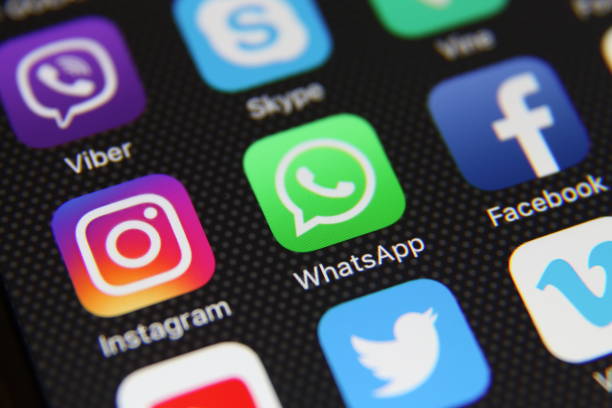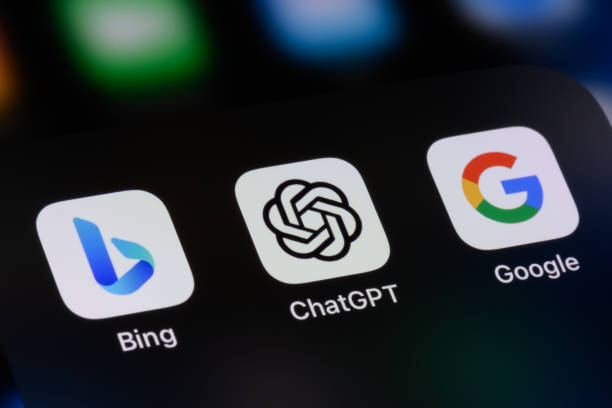In the evolving digital landscape, social media has become one of the most powerful tools for mental health professionals to grow their practices, build trust, and connect with clients. Yet, using social media effectively requires more than posting motivational quotes or generic updates. A mental health marketing agency brings specialized strategies designed to help therapists, psychologists, counselors, and clinics stand out while remaining professional and compliant.
This article explores proven social media strategies that mental health marketing agencies recommend, grounded in industry best practices and tailored to the unique needs of mental health professionals.
Why Social Media Matters for Mental Health Professionals
Social media isn’t just about visibility; it’s about building relationships and credibility. Mental health professionals who embrace social platforms can:
- Share educational content that reduces stigma.
- Highlight their expertise in specific therapeutic areas.
- Humanize their practice by sharing stories, values, and perspectives.
- Increase inquiries and appointment bookings through optimized campaigns.
With billions of people active daily on platforms like Instagram, Facebook, LinkedIn, TikTok, and YouTube, the opportunities for engagement are endless—if approached strategically.
Strategy 1: Define Clear Goals for Social Media
A mental health marketing agency begins by aligning social media activities with measurable practice goals. These can include:
- Attracting new clients within your local area.
- Building awareness around specialized services (e.g., trauma therapy, CBT, or telehealth).
- Driving traffic to a HIPAA-compliant therapist website.
- Creating a supportive online community for patients and peers.
When goals are defined upfront, content and campaigns become more targeted and impactful.
Strategy 2: Select the Right Platforms
Not every platform is a good fit for mental health professionals. Agencies typically recommend:
- Instagram & TikTok for engaging, visually driven educational content.
- Facebook for community groups and local event promotion.
- LinkedIn for networking with peers, referrals, and thought leadership.
- YouTube for long-form educational videos and FAQs.
Choosing the right mix ensures time and resources are focused where your audience is most active.
Strategy 3: Build Authority With Educational Content
One of the most effective ways to grow trust online is by sharing helpful, non-judgmental, and evidence-based content. Examples include:
- Quick tips for managing stress or anxiety.
- Short videos addressing common therapy questions.
- Carousel posts explaining therapy techniques in simple terms.
- Blog snippets linking back to your main website for deeper insights.
For instance, creating explainer posts like Social Media Strategies for Therapists to Boost Your Brand can position a therapist as a knowledgeable and approachable expert.
Strategy 4: Use Storytelling to Build Connection
Clients don’t just connect with expertise—they connect with people. A mental health marketing agency often incorporates:
- Behind-the-scenes glimpses of your practice.
- Stories that highlight your therapeutic philosophy.
- Testimonials (shared ethically and anonymously) to illustrate real outcomes.
Storytelling creates relatability and breaks down barriers that might prevent potential clients from reaching out.
Strategy 5: Optimize Content for Engagement
Every post should be designed to encourage interaction. Proven tactics include:
- Asking open-ended questions in captions.
- Adding calls to action (e.g., “Save this post for later” or “Book a consultation today”).
- Using platform-specific features like polls, reels, and live Q&A sessions.
- Ensuring graphics and captions are mobile-friendly and accessible.
Engagement isn’t vanity—it tells algorithms to boost your visibility, which can directly lead to more inquiries.
Strategy 6: Balance Professionalism and Approachability
Mental health is a sensitive area. Agencies ensure posts are:
- HIPAA-compliant and never disclose client details.
- Respectful, empathetic, and free of triggering language.
- Professional yet approachable, showing warmth and humanity.
This balance helps build trust while protecting client confidentiality.
Strategy 7: Run Targeted Advertising Campaigns
Organic growth is valuable, but paid advertising can accelerate results. Agencies typically:
- Run geotargeted ads for local practices.
- Promote specific services (e.g., teletherapy, couples counseling).
- Retarget website visitors with reminders to book appointments.
When paired with strong landing pages, paid campaigns can significantly increase appointment bookings.
Strategy 8: Track Analytics and Refine Strategy
What gets measured gets improved. Agencies monitor:
- Which posts generate the most engagement.
- Follower growth over time.
- Website traffic and conversions driven from social platforms.
- Ad performance and ROI.
With regular reporting, strategies are adjusted to focus on what works best for your practice.
Strategy 9: Leverage Cross-Channel Marketing
Social media isn’t an island—it works best when integrated with other channels. A marketing agency ensures:
- Blog content is repurposed into social media posts.
- YouTube videos are clipped into Instagram reels or TikToks.
- Social media drives traffic back to digital marketing for mental health therapists.
- Newsletters highlight top social media discussions.
This synergy multiplies reach and creates consistent brand messaging.
Strategy 10: Stay Ahead of Trends
Finally, agencies keep therapists ahead of emerging trends. This includes:
- Using voice search–optimized video content (YouTube strategies for therapists).
- Leveraging short-form video platforms like TikTok.
- Exploring AI-driven personalization for targeted ads.
- Embracing new tools like Instagram Threads or LinkedIn newsletters.
Adapting quickly ensures your practice remains relevant and competitive.
Conclusion
Social media is no longer optional for mental health professionals—it’s an essential tool for growth, visibility, and building meaningful connections with clients. A specialized mental health marketing agency helps therapists move beyond trial-and-error posting and adopt evidence-backed strategies that attract clients, build trust, and scale practices sustainably.
If you’re ready to expand your practice’s reach with a proven social media strategy, partner with Mental Health IT Solutions to transform your online presence.






